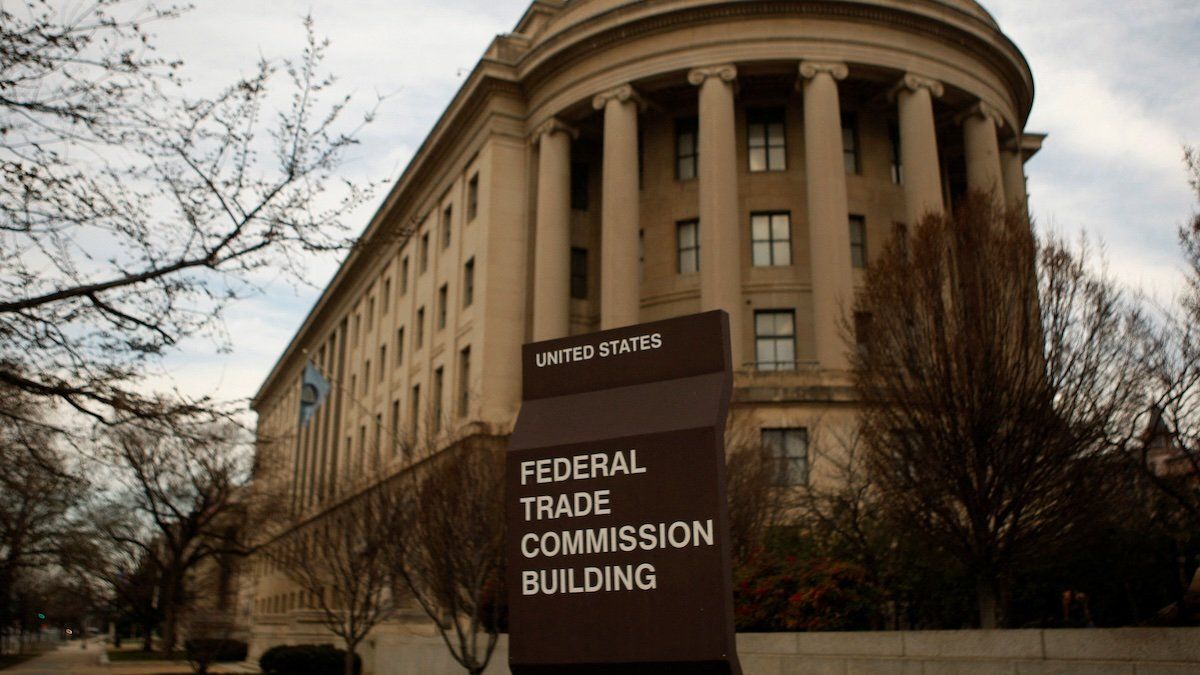Looking for another job at a firm that does something similar to what you do now? Now could be your chance to jump ship.
The US Federal Trade Commission, the country’s top competition regulator, voted Tuesday to ban noncompete clauses.
What are those? They’re small-print stipulations in employment contracts that forbid you from working for a competitor or starting your own business, typically for a certain period of time after you leave your current job.
Supporters of noncompete clauses say they prevent intellectual property theft and bolster employers’ incentives to invest in their workforces.
But opponents say they stifle new business formation and suppress innovation, trapping employees in jobs regulated by clauses that they are rarely given a chance to negotiate directly.
Several US states, including California (AKA the world’s fifth-largest economy), have all-but-banned noncompetes for years. The FTC ruling brings that nationwide.
Competition could bring benefits. The FTC says banning noncompetes will create more than 8,000 new businesses annually, boost average wages by more than $500 per year, and lower health care costs by nearly $200 billion over the next decade. It’s hard to compete with that!
